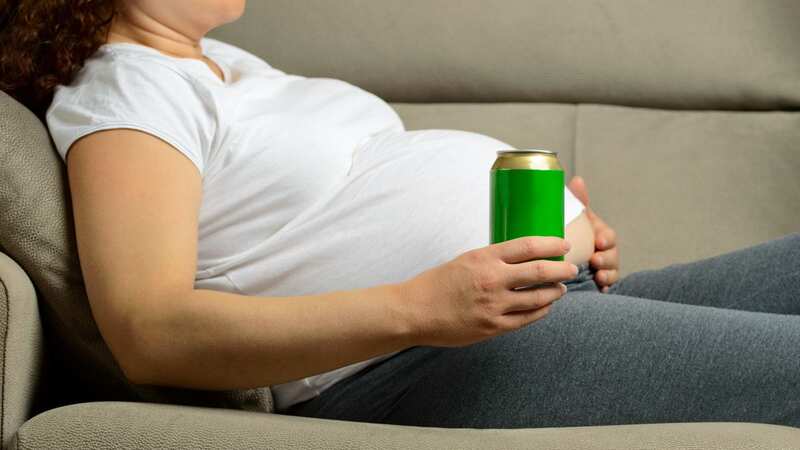Fizzy drinks while pregnant increase risk of condition in babies, study claims

Drinking diet fizzy drinks while pregnant could increase the possibility of your son developing autism, a new study has claimed.
Pregnant or breastfeeding women consuming food and drink containing aspartame, an artificial sweetener, could be linked to male children being born autistic - although the researchers behind the study stress that it does not “prove” causality. Scientists at the University of Texas Health Science Center at San Antonio (UT Health San Antonio) found that among boys with autism, their mothers were three times as likely to have drunk at least one diet soda a day - or consumed an equivalent amount of five tabletop packets of aspartame.
"Our study does not prove causality,” lead author of the study Dr Sharon Parten Fowler, “it does not prove that maternal intake of diet sodas, and aspartame specifically, during pregnancy or nursing increases a child’s risk of autism — but it does raise a major warning flag.” Dr Fowler is an adjunct assistant professor of medicine at UT Health San Antonio.
The mothers of 235 children with autism spectrum disorder were surveyed in the study, compared to a control group of 121 children with “typical neurological development”. The male offspring with autism were more than three times as likely to have been exposed to aspartame-sweetened products every day while developing in the uterus or being breastfed.
For all the latest news, politics, sports, and showbiz from the USA, go to
 Greggs, Costa & Pret coffees have 'huge differences in caffeine', says report
Greggs, Costa & Pret coffees have 'huge differences in caffeine', says report
"We saw these associations for autism in boys but not for autism in girls," Dr Fowler said. “We also saw these associations for boys with autism disorder, but not for all boys with any autism spectrum disorder (ASD) — an umbrella category that includes less severely life-changing conditions, such as Asperger syndrome, as well as the potentially more severe conditions categorised as autism disorder."
The chances of a boy having been exposed to aspartame early in life increased with the severity of their autism, an earlier onset of the condition, and the mother’s consumption of aspartame when they were in the womb, according to Fox News.
However, the authors noted that the study was taken several years after the women’s pregnancy - whereas it would be better to measure their intake before, during and immediately after the actual pregnancy. "Also, most of the autism cases in this study (87%) were male," she added. It is important to use a “larger study population” with “larger numbers of female as well as male offspring” for further studies in the future.
The study supported previous studies which have also raised concerns about consuming diet sodas, such as increased risk of prematurity and of obesity from infancy into later childhood. It comes after a recent study showed sweeteners in diet sodas are found “within the amniotic fluid surrounding the child in the womb” - proving that when a woman consumes these products, they make it to the womb.
Dr Fowler said that one in 23 eight-year-old boys in the US have been diagnosed with ASD, which is “a historically unprecedented number to be affected” in her view. "Meanwhile, between 24% and 30% of pregnant women have reported using diet sodas and/or diet sweeteners," she added.
She urges pregnant or nursing women - or those trying to become pregnant - to avoid aspartame-containing drinks. "Even though we don’t have the final answers yet, women can act now on available data to protect their unborn children," she said. "I would urge them to drink more water — either still or sparkling — and to add natural flavourings, such as splashes of fruit juice, slices of fresh lemon or orange, or crushed mint leaves."
Brain and autism researcher Dr Robert Melillo, who was not involved in the study, said the findings align with his research. "Autism rates have skyrocketed in the last 30 years, going from 1 in 10,000 to now 1 in 36, with boys being diagnosed at four times the rate of girls," he said. "Other studies have shown that this increase is not just because of improved recognition and diagnosis — it points to environmental factors as the main driver."
Read more similar news:
Comments:
comments powered by Disqus

































